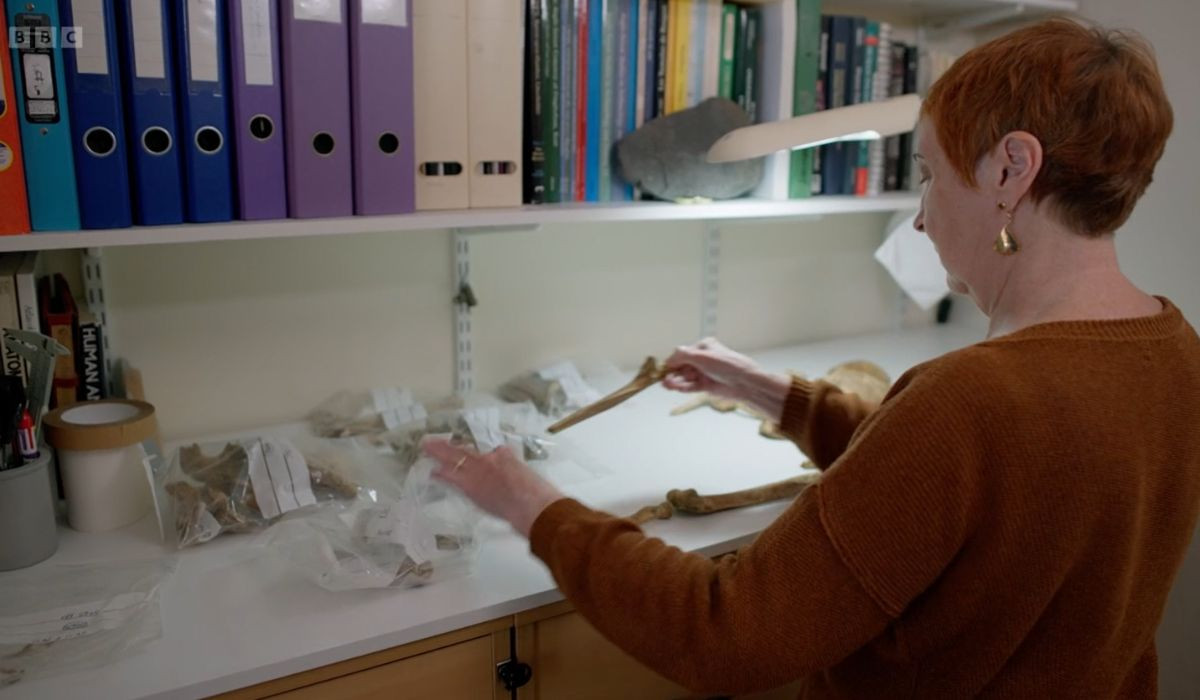Lucy Cavendish College Director of Studies, Dr Corinne Duhig, helps one skeleton reveal a brutal fate and a glimpse into life under Roman rule.
In 2017, archaeologists working on a housing development in Fenstanton, England, stumbled upon a remarkable find: a skeleton with a nail lodged in its heel bone. This potentially gruesome discovery hinted at a rare Roman crucifixion, a practice rarely confirmed through physical evidence.
Further investigation revealed that only one other confirmed crucifixion victim had been unearthed before – in Jerusalem during the 1960s. Recognizing the significance of the Fenstanton find, the archaeologists enlisted the expertise of renowned osteoarchaeologist and College Director of Studies, Dr Corinne Duhig, to delve deeper into the mystery.
Through CT scans, DNA analysis, and isotope studies, Dr Duhig and her team embarked on a virtual autopsy of the skeleton, piecing together the individual's life and the circumstances surrounding their brutal demise. The investigation also included analysing artefacts found at the site, offering a glimpse into life in Roman Britain during the 1st century CE.
The culmination of the investigation brought another groundbreaking achievement: a world-first facial reconstruction of a Roman crucifixion victim, meticulously performed by expert Joe Mullins. This reconstruction provided a hauntingly human face to the anonymous individual, forever etching their story in history.
This archaeological discovery in Fenstanton offers a rare and chilling glimpse into the harsh realities of Roman rule in Britain, while showcasing the power of cutting-edge scientific techniques in unlocking the secrets of the past.
The full documentary can be watched and downloaded from BBC IPlayer.
About Dr Corinne Duhig
Dr Corinne Duhig is Director of Studies in Archaeology at Lucy Cavendish College. Dr. Duhig teaches archaeology and Egyptology, and runs the osteoarchaeology and funerary-archaeology consultancy Gone to Earth. She also spent 15 years assisting the police and coroners in suspicious-death cases and teaching forensic and biological sciences. Corinne's research is primarily on taphonomy and depositional ritual, interpretation of trauma, and physiological stress indicators.




